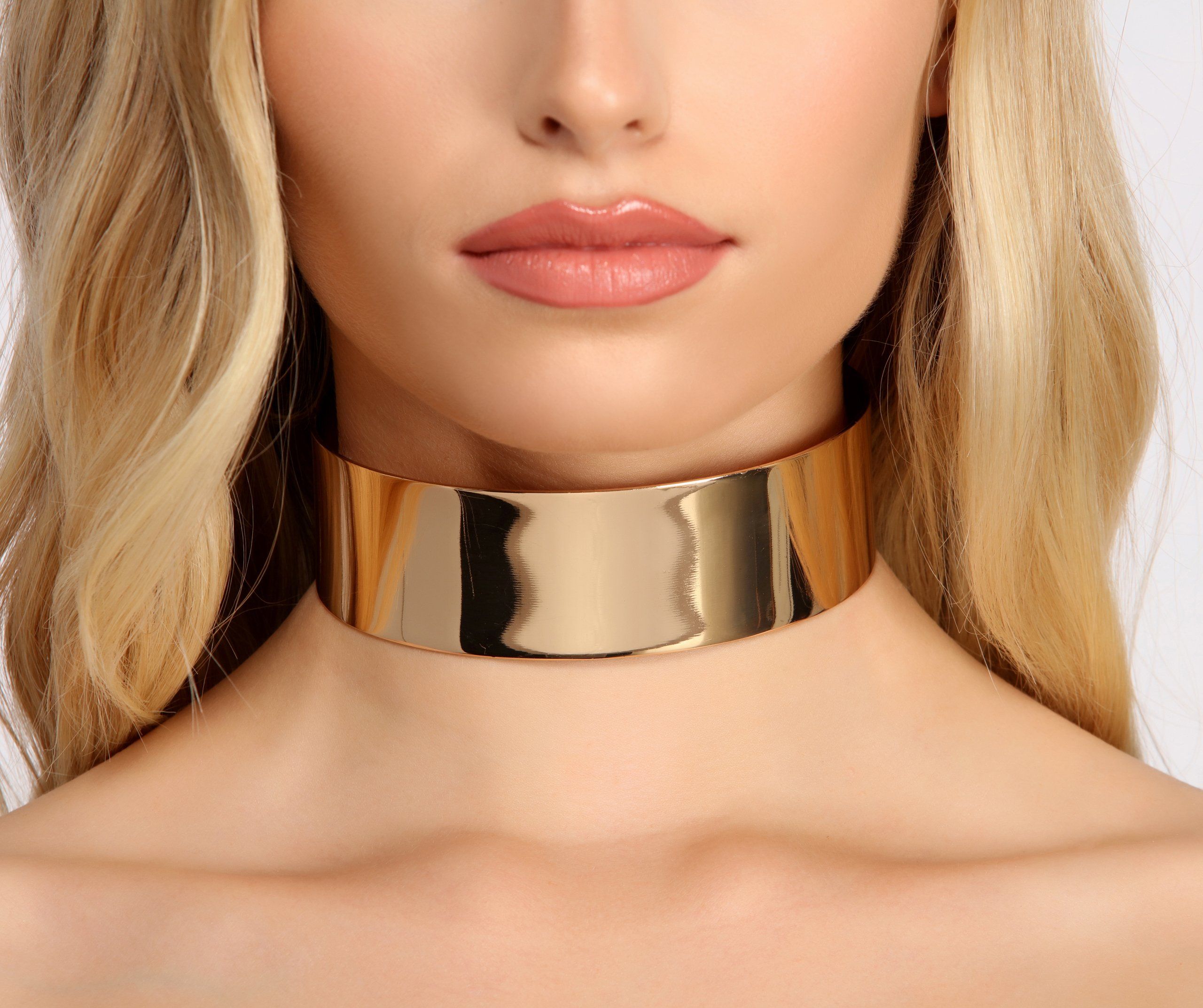Choker necklaces are one of the most elegant, beautiful pieces of jewelry by far, Whether the choker consists of real diamonds, or merely a thin piece of velvet material, the look and appeal of the choker gives the wearer a look of majestic opulence. Chokers are, to sum it up, a glamorous piece of neck wear!
A choker is a close-fitting necklace worn around the neck. Chokers can be made of a variety of materials, including lace, velvet, plastic, beads, stones, gemstones, metal (silver, gold, platinum) and ribbon. Chokers can be adorned and decorated in many ways, including with sequins, studs or pendants. Chokers hug the neck in all the right places.
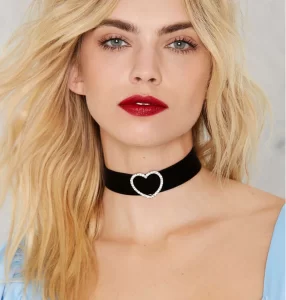
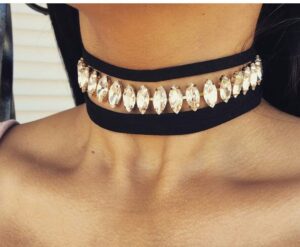
A necklace is an article of jewelry that is worn around the neck and can either fit tightly (choker), loose, or hang down to the wearer’s waist. Necklaces are worn by both men and women in cultures around the world for purposes of adornment and social status. However, in Western culture, the necklace often carries female connotations. Necklaces have been an integral part of jewelry since the time of ancient civilizations and pre-date the invention of writing. Necklaces are believed to be as old as 4,000 years, coming to life during the stone age. The oldest necklaces were made of natural materials, such as shells, bones, teeth, bird feathers, corals, carved wood, seeds and stones.
I love the elegant, feminine look of the choker, above all necklaces. The choker, a chic cut above! With such a fabulous piece of jewelry, what’s not to love?
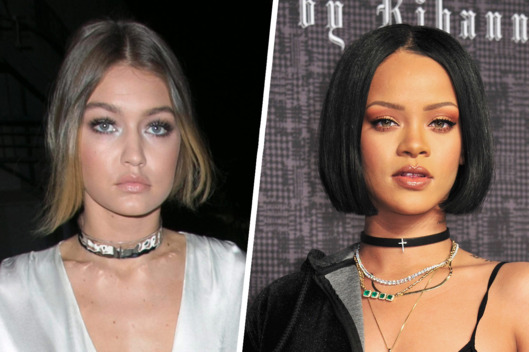
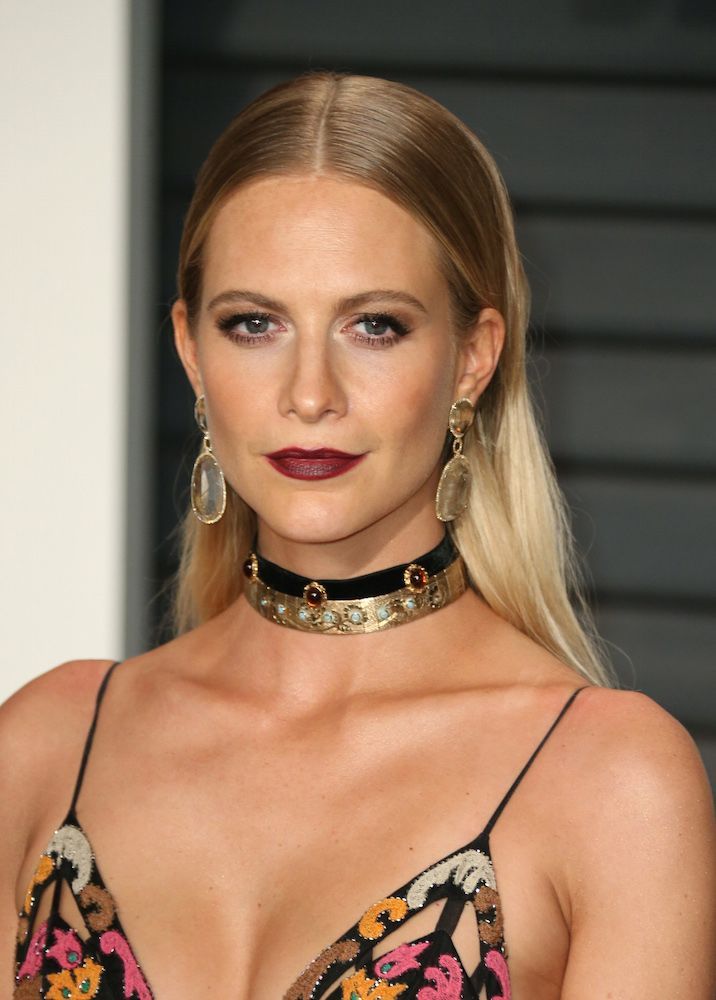
Choker Fun Fact: Common types of chokers include Victorian, vintage, open collar, Gothic, pendant, gemstones or tattoo. Chokers are associated with high fashion, for their look of beauty and graceful appeal. Ballerinas and the upper middle class in the late 19th century often wore certain types of chokers.
Chokers became popular among women and girls in the 1990s, with this fashion trend resurfacing in the 2010s through today. For high glamorous neck wear, the fabulous choker is here to stay. Chokers can be simple, yet oh so full of pizzazz. A bare-chested dress, with merely a choker to offset the garment, speaks volumes!
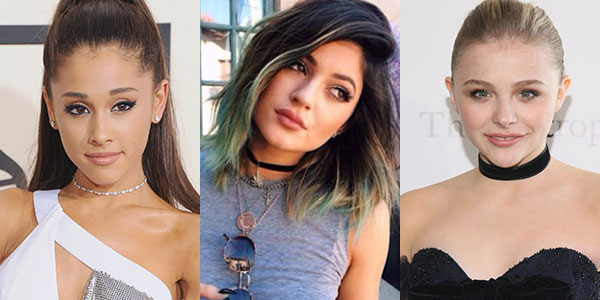
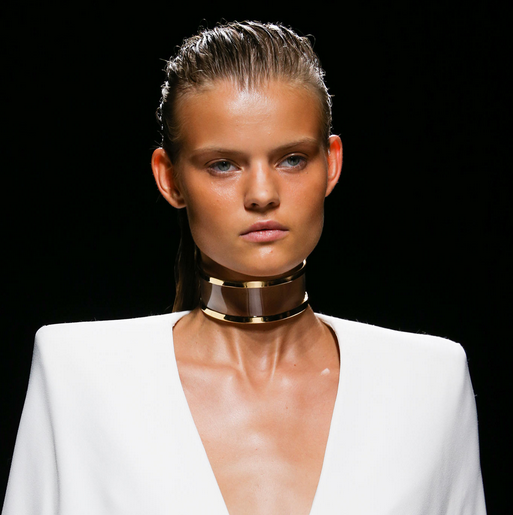
Popular Types of Necklaces:
- Chokers – Sit and fasten on the neck.
- Princess Necklace – Rests right below the neckline.
- Matinee Necklace – A single strand that rests on top of the cleavage.
- Opera Necklace – The necklace sits at the breastbone.
- Rope Necklace – Any necklace longer than an opera necklace.
- Lariat Necklace – A very long variation of the rope necklace, without a clasp, often worn draped around the neck. The ends can be crossed over, looped or knotted.
Popular Adornment Necklaces:
- Cross Necklace – Features a Christian cross.
- Diamond Necklace – Needs no explanation, often given as gifts of love.
- Pearl Necklace – Pearls can either be all the same size or various sizes, with one or more strands.
- Tooth Pendant Necklace – Animal teeth, such as a shark tooth.
- Prayer Bead Necklace – A long, beaded necklace typically in the form of a wide lasso, usually with a religious symbol.
- Riviere Necklace – A single strand of gemstones of the same size and cut.
So many necklaces, only one neck. What’s a jewelry lover to do? Wear more than one type of necklace at one time (i.e. a choker with a rope necklace, a diamond princess necklace with a long strand of dangling pearls). Or, when in doubt, give the choker a try out.
Mixing and matching necklaces can really doll up a neck, and an outfit. Choker Chic: The elegant, knock-out necklace.
Choker Fun Fact: Chokers appeared in 1798 as a French cultural jewel that was worn by wealthy women. In 1874 the choker necklace was worn by ballerinas and in the early 1880s, by queens. Radiant necklace royalty.
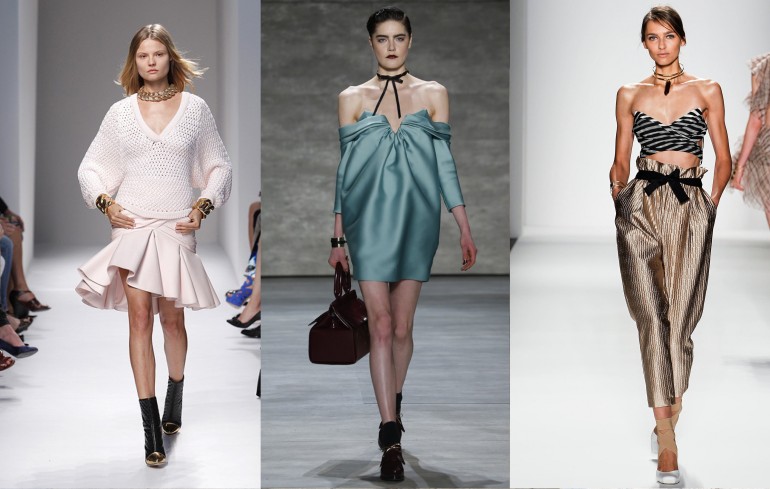
Necklace Fun Fact: Cloth working and metal working greatly expanded the range of jewelry available to humans. Twine and string enabled the development of smaller, more durable, intricate necklaces. After the Bronze Age began and humans discovered how to melt metal and cast it into shapes, bronze, copper, silver, gold, electrum, platinum and a variety of other metals were used to make gorgeous necklaces for both men and women.
Wahlah, metal chains came onto the fashion scene. Gem-cutting and glassblowing allowed highly polished gemstones and beautiful art glass to be added to making glamorous necklaces.
Deck out your neck for a look that is spicy, effervescent and sure to impress the rest!
Choker Fun Fact: In the late 19th century, a plain, thin, red or black ribbon choker had ties to prostitution, as seen in Manet’s “Olympia (1861)”.
Today, hey, a plain, thin, red or black ribbon choker can merely be an aesthetic way to add class and glamour to your outfit choice of the day.
Necklace Fun Fact: If a necklace includes a primary hanging feature, such as a charm or a large stone, it is called a pendant. If the pendant has a small container, the necklace is called a locket. It is common practice to place pictures of loved ones inside a locket, such as a spouse, lover or children.
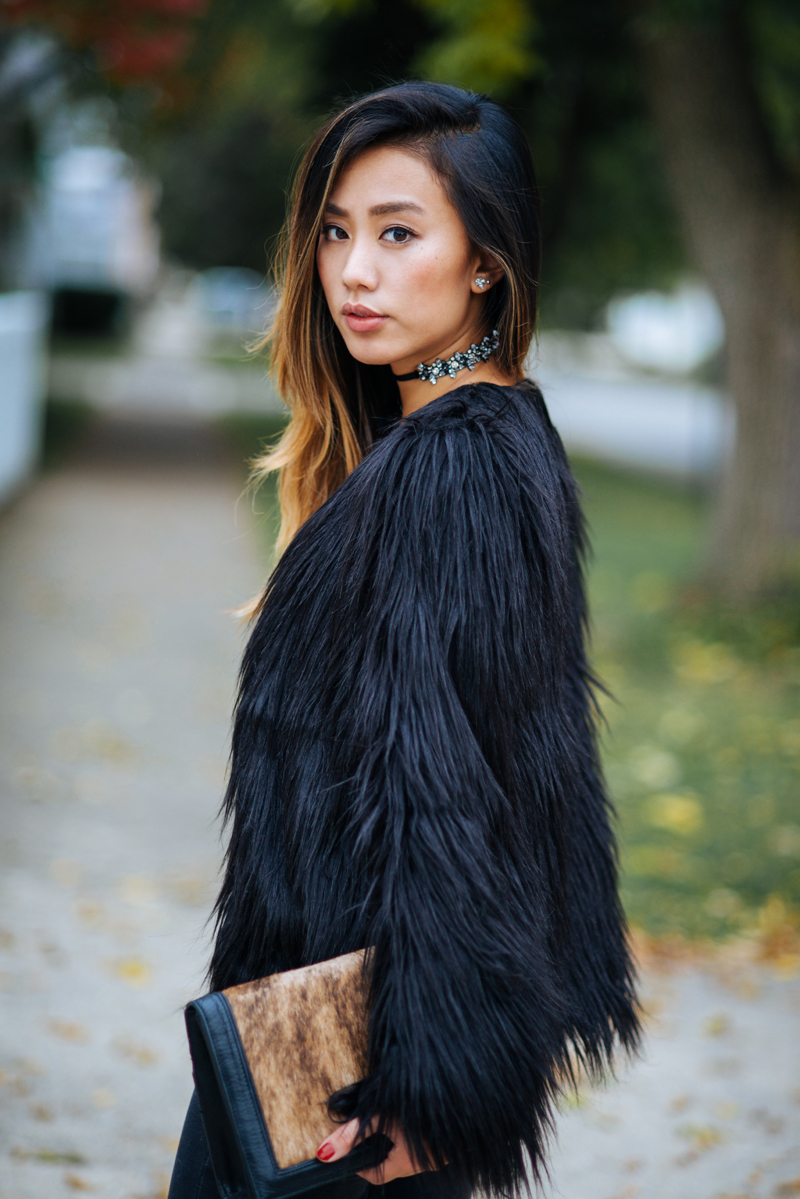
You love the looks of chokers but you don’t own one? Then either run to your nearest jewelry store and treat yourself to a nifty necklace. Or, better yet, make one yourself with velvet or ribbon. Remember the famous cameo chokers? Why not place a cameo at the center of your choker and bring the dainty cameo choker back to the forefront of fashion?

The Choker: A necklace lover’s passion and a staple of high fashion.
The choker is a necklace lover’s first choice…always a stylish sell! Marvelous…absolutely swell!

Nancy Mangano is an American fashion journalist, screenwriter and author of the Natalie North murder mystery book series. Visit Nancy on her global online fashion/style/beauty magazine Nancy Marie Mangano Style at https://nancymariemangano.com, her Facebook page Nancy Mangano at https://www.facebook.com/nancymmangano/ Twitter @https://twitter.com/nancymangano and her author website http://nancymangano.com
